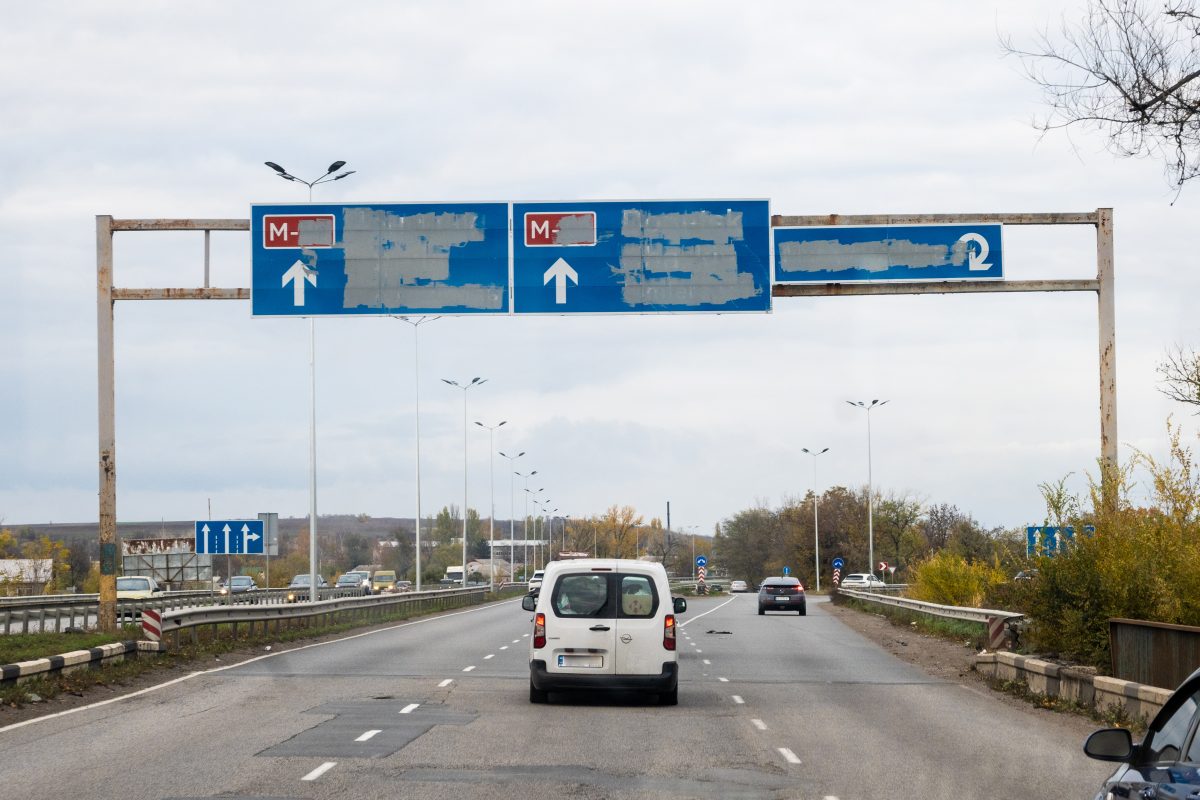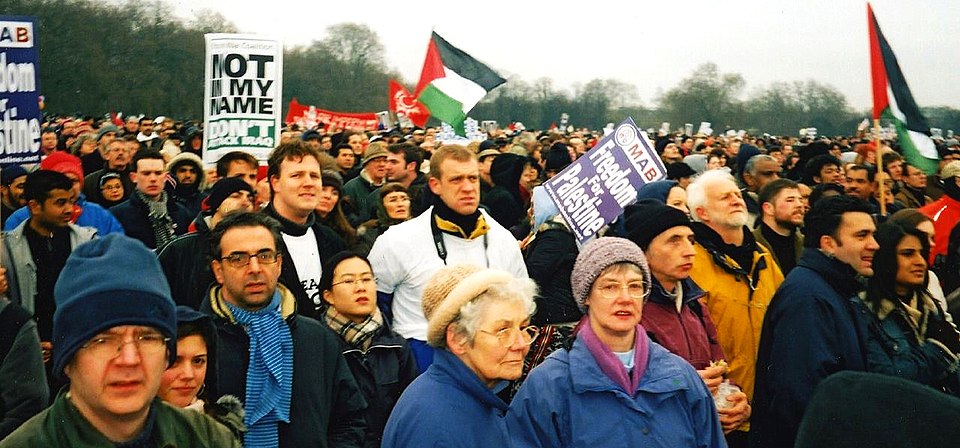On July 18, 2024, my friend Hannah laughed so loudly that I dropped my phone. Hannah hadn’t been able to charge her vibrator. The electricity had been out for 20 hours. When her husband came home, she immediately pulled him into bed, but it was so hot that she literally slid off him. This is what it feels like to live during the wartime in Kyiv.
Hannah calls and tells me that recently she was crossing the street and saw two teenagers filming a TikTok video. One was holding the camera, while the other put a frying pan on the asphalt, waited a few seconds, and then cracked two eggs into it. The eggs started frying right before their eyes, quickly turning white.
The same time Hannah’s husband complains that his coffee shop in the residential district has stopped making money. In summer, people buy less coffee, it’s true. But the thing is, his expensive generator doesn’t even work. He bought it so that his coffee shop could operate independently, that is, even if the power went out in the entire area. But today he discovered that when the temperature goes above 40 degrees this generator simply stops working. The rent still needs to be paid. That’s why he didn’t laugh when Hannah told him about the teenagers frying eggs on the asphalt.
“Folks living in the houses nearby used to complain about how noisy generators were. Now, we don’t have any working generators, so it’s quiet, but they’re still griping because, apparently, nobody wants to work,” says her husband.
He and Hannah live in a modern residential area of Kyiv. The neighborhood mainly consists of new 25-story buildings. They live on the 23rd floor. When the electricity is cut off in their building, all the elevators stop working. In the neighboring apartment lives a retired couple; a former pilot and a math teacher. They are afraid to go outside because, despite the published power access schedules, the outages don’t always happen as planned. In this enourmous heat, they risk not being able to climb up to such a high floor on foot.
When Hannah talks to me on the phone, she looks up recipes on the Internet. She’s interested in what can be made from sour milk. From time to time, she reads out recipe names and asks if I would like to eat something like that. Pancakes. Sweet cake. Cheese flatbreads. All these can be made from spoiled milk. The thing is, because of frequent and long power outages, many goods that need to be kept cold are going bad in stores.
News websites say that this summer will be record-breakingly hot in some EU countries. But eastern Ukraine’s heat takes the cake. 45 degrees Celsius in a dry climate with no ocean in sight is tough. On top of that, thte men have to run from draft officers. It’s no wonder that heart attacks are becoming more common among younger people.
War is not just about gunfire. It’s also about everyday hardships. The Russian army has struck Ukraine’s power grid so many times that now electricity is available in the capital for only 4 hours a day. Where it’s so hot outside that you can cook an egg on the asphalt.
Generators shut down at high temperatures, which means small businesses suffer losses. Unpredictable power outage schedules affect your life so much that now even entertainment with a vibrator has to be planned in advance. Goods in stores spoil, and tall buildings make it difficult for elderly and sick people to leave their homes. 20 hours a day without electricity in the middle of summer is a serious challenge. While I take notes for this essay, Hannah’s husband complains that two drunks fought near his coffee shop over why Ukraine still sells electricity to the EU.
This piece is a part of a series, The Mining Boy Notes, published on Mondays and authored by Ilya Kharkow, a writer from Ukraine. For more information about Ilya, see his website. You can support his work by buying him a coffee.




